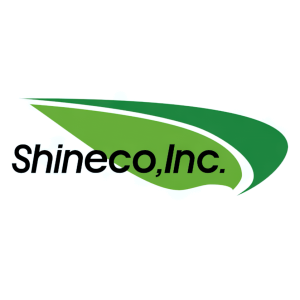Nasdaq Issues Delisting Notice to Shineco; Appeal to Delay June 25 Suspension
Rhea-AI Filing Summary
Shineco, Inc. (Nasdaq: SISI) has received a Nasdaq staff determination letter indicating non-compliance with the minimum bid-price rule and faces imminent trading suspension. The notice, dated 16 June 2025, cites failure to meet the US$1.00 bid-price requirement under Nasdaq Listing Rule 5550(a)(2). Because the company already executed a reverse stock split within the past 12 months, Rule 5810(c)(3)(A)(iv) renders it ineligible for an additional 180-day grace period.
Unless Shineco appeals, Nasdaq will suspend trading on 25 June 2025 and file Form 25-NSE to remove SISI from listing and registration. The company has until 23 June 2025 to request a hearing before Nasdaq’s Hearings Panel. Shineco states it will submit the hearing request; this automatically stays the suspension and any delisting action until the panel reaches a decision or grants additional time.
The company emphasizes that its underlying operations and the ability to trade its shares on other venues are currently unaffected by the letter. However, investors face heightened liquidity and pricing risk should Nasdaq ultimately delist the shares.
Positive
- Appeal filing automatically stays the trading suspension, giving Shineco additional time to present its case and seek remedies without immediate delisting.
Negative
- Nasdaq non-compliance notice for minimum bid-price rule 5550(a)(2).
- No eligibility for standard 180-day cure period due to prior reverse split within one year.
- Scheduled trading suspension on 25 June 2025 and planned Form 25-NSE filing, threatening migration to OTC markets.
Insights
TL;DR: Nasdaq delisting threat heightens liquidity risk; appeal buys time but outcome uncertain—materially negative for equity value.
Nasdaq’s determination removes Shineco’s last compliance avenue because a reverse split has already been used within 12 months. Suspension scheduled for 25 June means loss of exchange visibility and likely wider bid/ask spreads if delisted to OTC. Although the hearing request stays the process, panel reversals are statistically rare. Without a fundamental catalyst to lift the share price above US$1.00, shareholders face dilution risk via further corporate actions or diminished capital-market access. Overall impact is clearly negative.
TL;DR: Governance focus shifts to compliance strategy; prior reverse split limits options, signaling weak board remediation.
The board already executed a reverse split yet failed to sustain compliance—this raises questions about strategic planning and investor communication. While the prompt appeal fulfills fiduciary duty by preserving listing status temporarily, it does not address the underlying share-price weakness. Governance risk increases as potential OTC migration could erode shareholder protections afforded by Nasdaq rules. Monitoring of future corporate actions and disclosures is warranted.







